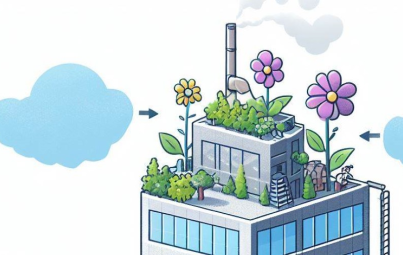In today's global economy, the challenges reflect the degree of interrelatedness and the complexity that exists . Global trade can suffer or benefits from very local issues on the one hand or national politics and policy on the other. Complex interactions and even unintended outcome can be the result of national and international laws on e.g. taxation, labor and quality standards.
The global economy can also be viewed from the perspective of dynamic labor markets, influencing labor migration, remittances, as well as discussions about fair labor conditions and a living wage. Increasingly, the global economy has many interdependencies and its resilience and stability is of crucial importance to consumers and producers. Moreover, greater mobility, new technologies and the globalization of production is increasing (cultural) diversity in companies, which brings many benefits but is also influenced by national culture and institutional norms.
This research theme therefore demands an interdisciplinary approach, where researchers with different sorts of expertise can help address the current and emerging societal challenges.
Related SDGs
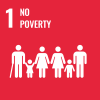
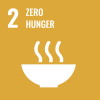
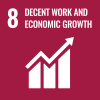
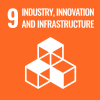
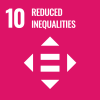
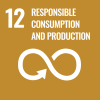
Collaboration Opportunities
ENGAGE.EU INCUBATOR SEED FUNDING: CALL FOR APPLICATIONS – TEACHING INITIATIVES
Academic teaching staff from ENGAGE.EU partner universities are invited to apply for seed-funding for the development of joint teaching...
Call for Papers - Third Sofia Conference for Early Stage Researchers & Young Scholars of ENGAGE.EU
Topic: Responsible Production and Consumption: Current Issues and Advances Towards SDG12
Dates: 21-22 November 2024
Venue: University of...
The Emerging Research Podcast
We're looking to start a new podcast where PhD students within the ENGAGE.EU alliance can share their research. Specifically, we're...
Call for Participation in Lecture Series 'Data Science in Action'


In the fall semesters 2022 and 2023 the Mannheim Center for Data Science (MCDS), an institute of the University of Mannheim founded in...
Digital solutions to foster participative design, planning and management of buildings, neighbourhoods and urban districts (Built4People Partnership) HORIZON-CL5-2024-D4-02-05
This Destination addresses activities targeting the energy demand side...
Invitation for Collaborative Publication in the International Interdisciplinary Scientific Journal "Expert"
Brief Description:
We extend an invitation to the academic and research community to collaborate and publish in the International...
Pagination
Collaboration Groups
AI & Skills Research Community
This is the collaborative space of the research community AI & Skills. You can post documents here, share ideas in the discussion board...
ENGAGE.EU Community for PhD students and early-stage researchers
Would you be interested in receiving updates regarding new events (short research stays), new online courses, or any other documents...
Collective intelligence and Codesign
sharing expertise on Collective intelligence, codesign, and all types of collaborative approachs
Sofia Conference for Early-Stage Researchers & Young Scholars
This group is for the participants of the 2nd Early Stage Researchers (ESR) conference in Sofia. Participants can meet each other here...
COIL & Virtual Exchange - let's share ideas, good practices, and resources!

COIL & VE - what, how, why - and who?
Please take a look at the links on the left - and the document I uploaded (a manual I got from an...
PhD research stay
Welcome to the PhD research stay ! This group is dedicated to the organisation of this workshop.
People
Pagination
Events
Empowerment Entrepreneurship: How Entrepreneurs & Stakeholders Can Build a Sustainable Future
- icon - (16:00-14:00 CEST)
-
icon Albena, Bulgaria
Third Sofia Conference for Early Stage Researchers & Young Scholars of ENGAGE.EU
- icon -
-
icon Sofia, Bulgaria
News
Igniting Innovation: Call for Collaborative Scientific Initiatives Now Open
Exploring Open Science: Overview from ENGAGE.EU Data Management Days
Science communication video lectures
400 members in one year
Happy anniversary!
Dear community,
The Role of Nonprofits in a Sustainable Economy
Can we talk about vision statements?
How to ENGAGE in this international research community
A review on textual paralanguage (TPL) in electronic word of mouth (eWOM)
Electronic word of mouth (eWOM) or online informal communication about products and brands is a widespread occurrence.























